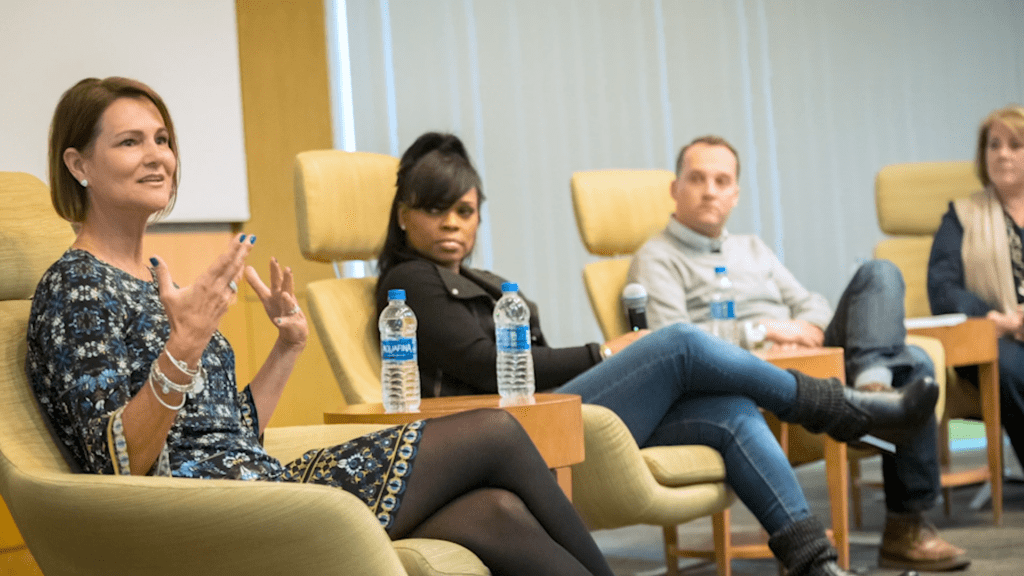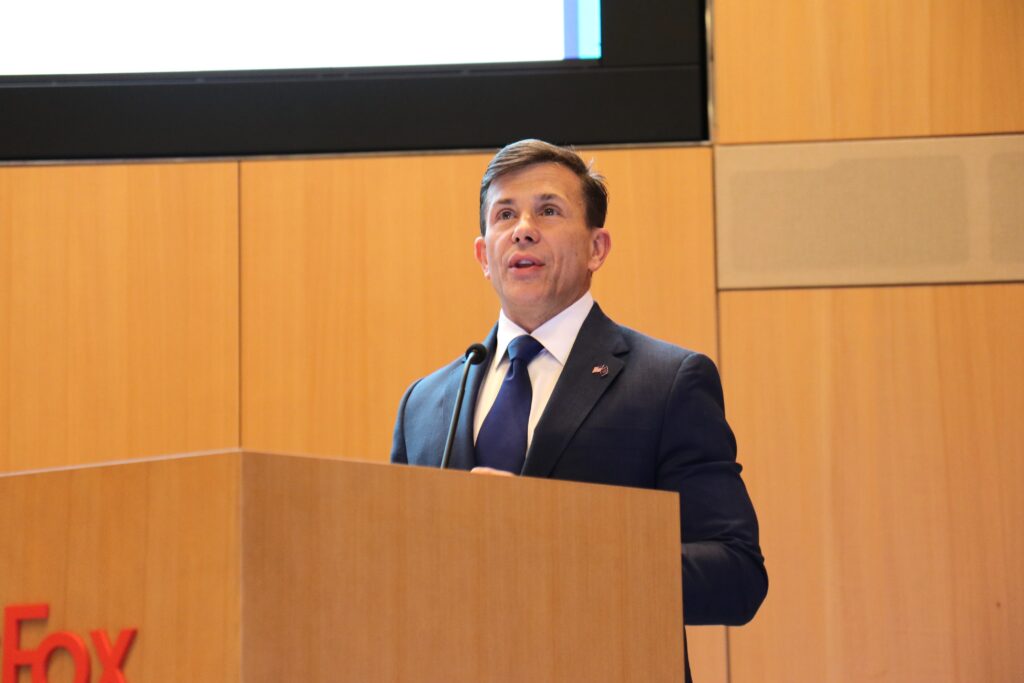The Biotechnology Innovation Organization (BIO) Patient and Health Advocacy Summit returns to an in-person format for the first time since before the COVID-19 pandemic—and Bio.News reporters will be on the ground to bring you all the highlights!


Keynotes and panel discussions will cover topics including:
- The importance of patient-centric leadership, featuring BIO Chair Paul Hastings, CEO of Nkarta Therapeutics, and Rachel King, BIO’s new interim President and CEO.
- How to engage with new “freshman” Members of Congress, and how to plan a Capitol Hill advocacy day.
- Midterm election predictions with NBC’s David Wasserman.
- The role of regulatory rulemaking and how to engage with Centers for Medicare and Medicaid Services (CMS).
- What’s happening at the state level.
- How to build effective coalitions and patient advocacy partnerships.
We’ll get to hear from speakers from patient advocacy groups including Alliance for Aging Research, American Cancer Society Cancer Action Network, Inc., Asthma and Allergy Foundation of America, Asthma and Allergy Network, Arthritis Foundation, Autoimmune Association, Everylife Foundation For Rare Diseases, Lupus Foundation of America, National Alliance for Caregiving, National Eczema Association, National Psoriasis Foundation, Prevent Blindness, The Immunization Partnership, The Leukemia & Lymphoma Society, United Spinal Association.
Why does patient advocacy matter?
Over 7,000 rare diseases affect 350 million patients globally—and 95% do not have therapies.
“For the most part, companies are still choosing to focus on the larger rare diseases, so we really don’t have any hope—unless there is a patient-mediated movement,” Nasha Fitter, CEO of the FOXG1 Research Foundation, recently explained on the I am BIO Podcast.
Enter patient advocates—who are “the disease-matter experts,” said Susan Ruediger, Founder and CEO of the CMT Research Foundation. “We are watching our bodies deteriorate. We are watching our children’s bodies deteriorate. We are motivated to know the state of research, the state of drug development, and we can make it easy for government, for academia, for industry, and even private equity to come to the table and come to our disease.”
[embedyt] https://www.youtube.com/watch?v=L4NbioF6vIA[/embedyt]
“Doing these studies takes years—but if you don’t do it, you’re not going to create therapies that are truly efficacious,” said Fitter.
“The goal is to bring more money, bring more experts, bring more scientists, bring more companies, bring more capital, so we can then have treatments and cures,” added Ruediger.
“Biopharma is very eager to partner with patient advocacy groups,” continued Fitter. “They need to understand the patient journey. They want access to the tools that these advocacy groups are creating, and they need their help when they want to recruit for observational studies and clinical trials.”
“BIO and its members share a commitment to discovering and developing innovative medicines to fight and cure disease and improve the lives of patients,” says BIO’s Patient Advocacy website. “In an effort to achieve our shared goals of bringing new treatments to patients, BIO and its members often work together with patient advocacy organizations to better understand the patients we serve, to help raise awareness and understanding of a disease, and to advance patient-focused public policies.”
“When patients speak up, and they bring that collective power to their disease, they can change the course of their disease,” concluded Ruediger.




